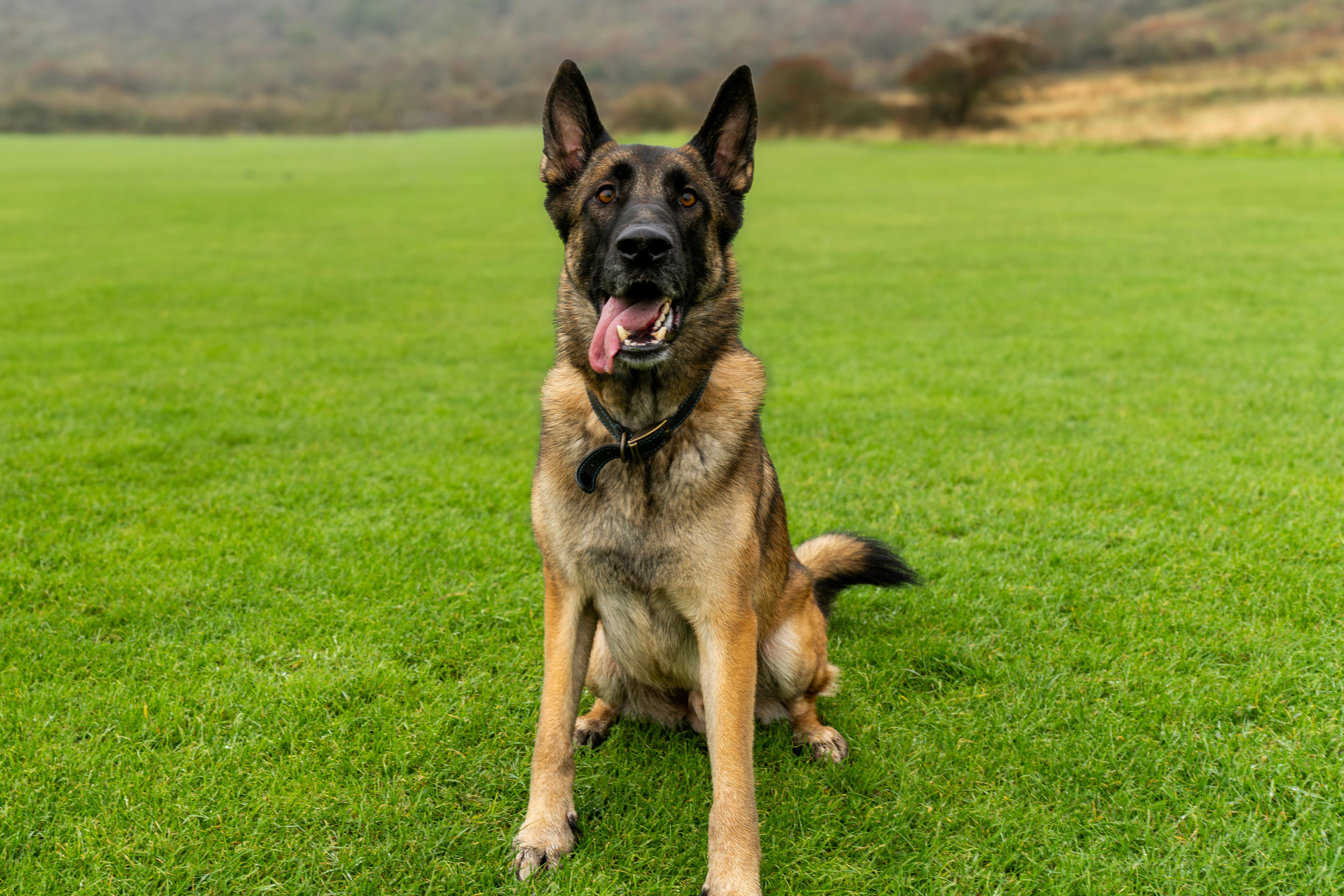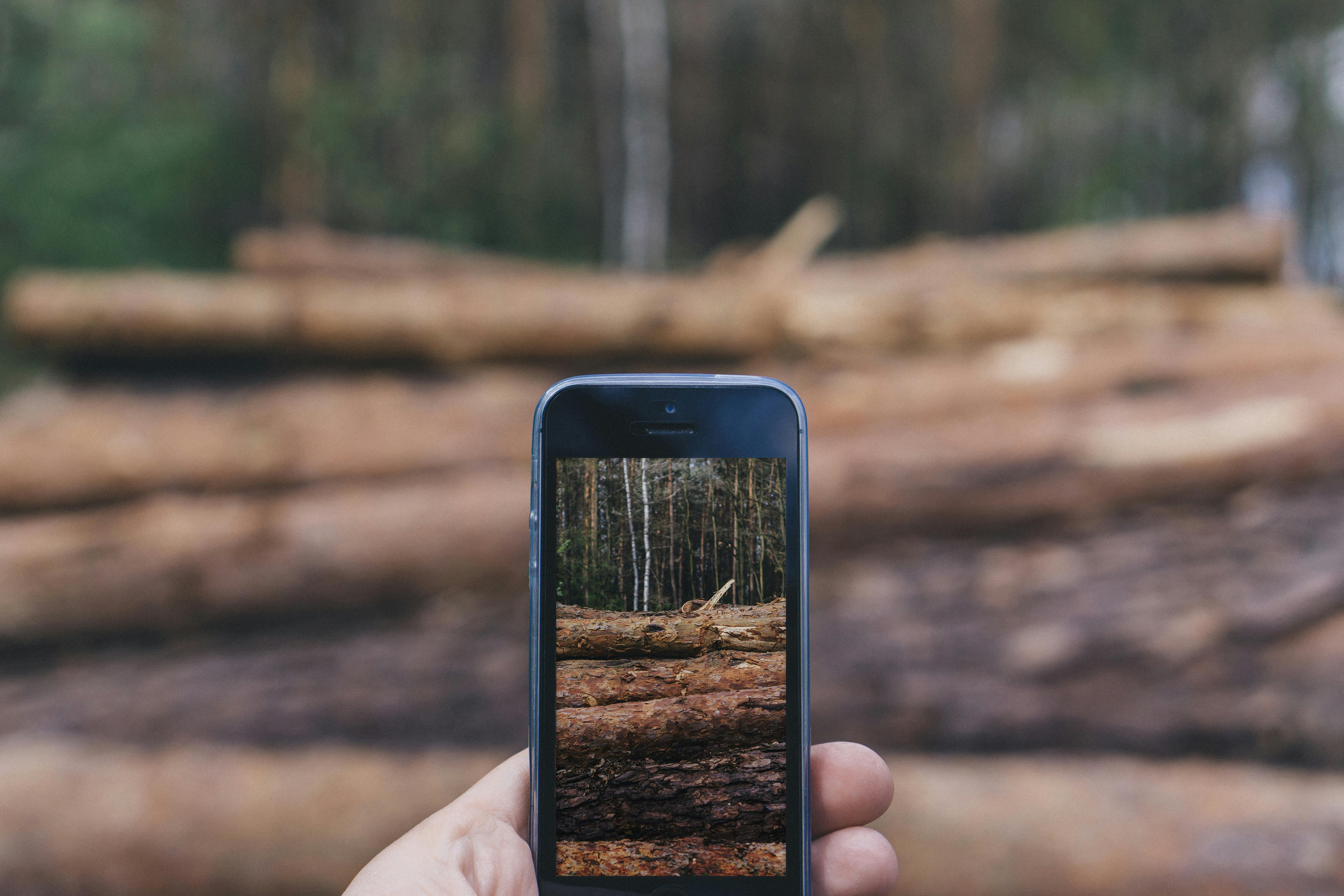
Interview with SAR Handler at Unidad Canina Protección Civil Diputación de Castellón

Interview with SAR Handler at Unidad Canina Protección Civil Diputación de Castellón
Q: Tell us a bit about yourself.
I am a volunteer who dedicates my time and knowledge to help locate missing persons, support their families in coping with the situation, and assist others in learning efficient systems for finding missing people. I live in Spain, and my doors are always open to good people.

Q: How did you start working with K9s.
Some time ago (I don’t like to say I've been doing this for 20 or 30 years because I am tired of everyone claiming they have been working with dogs for that long. I measure time by the number of training sessions conducted or the number of dogs I have laid to rest). I have been with dogs since birth: my grandparents were hunters, my father was a hunter, and we had dogs for hunting small and big game, guarding estates—I've always been surrounded by dogs. I have competed in mushing, practiced other sports with and without dogs (I am an elite athlete in two sports without dogs: Judo and Archery), and eventually grew tired of sports. I decided to start something real, away from podiums and competition, but I was mistaken... I began training search and rescue dogs. I started with self-education, reading books in English and translating materials from German (with the help of friends), as well as attending courses, seminars, and many training sessions with local groups. I decided to train search and rescue dogs to contribute something to society. I wanted to be supportive with something I was good at. I wanted to join a canine unit in my area, but there was none, so I decided to create one within the official emergency system.
Q: Unique aspects of your K9 partners.
Currently, I have seven dogs, two of whom are retired. My wife is also involved in the life project of being in an operational unit. She handles two dogs, and I handle the other three. Each dog has its specialty (live finds, human remains, dual-purpose, submerged). Of all of them, I would highlight their loyalty, commitment, ability to overcome challenges, determination, and all of this translates into their tremendous desire to satisfy and work towards a goal.

Q: Challenges and triumphs.
Leading a search and rescue unit involves many challenging situations, from informing a family member that their missing loved one has passed away, to telling a candidate that they do not meet the minimum requirements to join the unit, or that their dog does not meet our standards, or personally witnessing the death of one of my dogs. All of this is hard and difficult. On the other hand, there are also moments of great satisfaction, such as when you locate someone alive and witness their reunion with their family (that is the reward I receive for my work and I consider myself very well paid; no money can compare to that), and also when you certify a team and know the effort and dedication behind it.
Q: The bond you share.
With one of our dogs, Gass, I went to Ukraine and Turkey. There, you spend 24 hours a day with your dog, and she helped me through very tough, very hard moments, where unfortunately, the only thing we found were bodies. It is during these emotionally and physically challenging times that you most appreciate the unconditional love that our four-legged companions provide.

Q: Daily life and training.
My day-to-day life is quite organized. In the mornings, I work at my regular job, which pays the bills, and in the afternoons, I work on what makes life meaningful—my rescue team. Our team trains together three days a week, and on some weekends, we have longer training sessions. The planning includes functional obedience, physical training, and search work. With the team, we primarily focus on search training and occasionally address specific issues or behaviors that need modification (some tasks are assigned to handlers to work on at home). We vary the training between air scent, rubble, human remains, and mantrailing. We have nine different locations and rotate through them.
In my team, it is essential not to miss group training sessions. Once a year, we conduct an internal operational test. This involves clearing a 100,000 m² area or a 3-kilometer path (+/- 30 meters on each side) in one hour, with one to three victims. For rubble search, we have two areas of 2500 m² each with one or two victims. In mantrailing, there are two six-hour-old trails of 500 meters, one of which may have no scent, and the dog must indicate this. The tests evaluate the control over the dog and the handler's strategy, including wind and environmental considerations.

Q: I understand you're working on a project to get better outcomes from dogs in rubble search.
Working in rubble search has many difficulties and challenges. One of them is being able to simulate the low odor emission that occurs when a person is buried under cubic meters of debris; the compacting of the material makes the release of scent minimal.
But how do we simulate that?
I see many teams satisfied with finding a person hidden in a tube covered with little more than a wooden lid. We wanted to go further and lower the olfactory threshold of the dogs so that they can alert to the slightest presence of human scent. To achieve this, we have designed six deep bunkers, two meters each, and placed almost airtight chest freezers inside them. They have a valve to increase airflow and other details.
We aim for the dogs to act as they do in point-to-point searches, increasing their concentration and thoroughly checking each bunker to indicate where a person is. That is the idea, and we would love for everyone interested to try it. It is surprising how many overly anxious dogs are unable to locate in these conditions, which are not extreme but realistic.

Q: Tell us a little bit about the K9 unit you're a part of.
We are ten volunteers, including a communications technician and an emergency physician. The rest of us are handlers with various specialties (some with dual specialties, such as live finds and human remains or live finds and mantrailing, etc.). People come first, then other details. We work as a team, like a family. If someone doesn’t fit in (which can happen), I invite them to leave the team. Commitment, availability, continuous training, respect for others, and dedication are essential. I know I ask a lot, but this is an operational unit.
We don’t do this for sport or to win medals but to save lives. I hope my high standards are understood. If one of my family members were ever lost, I would want those searching to be as well-prepared as possible. That’s why I am 100% committed as well.

Q: Describe a recent mission or case where your K9 unit made a significant difference.
Just a few days ago, a man with Alzheimer's got disoriented. We were activated within a few hours (this doesn’t happen in many places in Spain, but fortunately, in Castellón, the authorities know us and call us immediately). The search efforts initially focused on the area deemed most probable. However, statistics can be wrong, and we received a report that he had been seen recently in another area (a dry riverbed, very dangerous with stones and steep slopes). We quickly moved to that location and, indeed, he was there.
One of my team members, recognizing the danger of the area, decided to find access and, using animal paths, managed to reach the riverbed and climb the opposite slope. With great difficulty, he reached the missing man and was able to attend to him until the helicopter arrived and transported him to the hospital. The key to success is the method of working, constant training, determination, and trust.
Q: What are some of the biggest challenges faced by K9 units in your field.
The biggest challenge for volunteer units is to be taken into account by the official emergency system. The existing lack of control does not help with this since, unfortunately, there are many volunteer units (and possibly professional ones) that do not meet minimum standards and offer questionable services. This means that the authorities only activate professional units or volunteer units included in the emergency system. The great challenge is to efficiently and officially train the volunteers, create a certification system for their operation, provide them with the necessary means, and include them in activation protocols. It is not easy, many believe that they are already trained, others believe that passing a sports test already gives them the ability to operate, the protocols are not clear and do not prioritize canine resources. From my unit, we have been working on those four pillars: training, certification, materials, and protocols.
Q: What advice would you give to aspiring K9 handlers.
I would tell you to thoroughly research the group you want to join—whether it is truly operational, their work philosophy, respect for people, altruistic vocation or not, specialties they work on, how many missions they have participated in the last year, if it is within the official emergency system. If you don't like the details, look for another unit, and if there is no choice, train outside and consider starting a new unit in your area. If you don't see yourself capable, perhaps you should look for another activity. And before all that, ask yourself if it is you who wants to join a group or if you just want your dog to join a group. In my team, I prefer that the applicants do not have a dog; I want people who want to join, not people who want their dog on the team.
Q: How can the public support K9 units and their important work.
In the case of my team, being within the official emergency system, we have our needs covered quite well. I know that there are those who receive donations and even ask for financial support from families, but it is not our style. There are also companies that sponsor teams, which I think is great. We have some sponsorships. What is surprising is to see some units with important sponsorships when it is known that they have great limitations in their operation and training of their members, but each one is free to sponsor whoever they consider appropriate.
Q: How did you discover DogBase.
I discovered DogBase through social networks and reading comments from other handlers. I was attracted by the possibility of going to another level in our training and setting new goals, keeping better control of the evolution of the teams, etc.
We would like to thank Luis Caracena for being a part of out interview series
For more inspiring stories and insights from K9 handlers, stay tuned to our blog. Support GPSK9 by visiting their website and consider making a donation to help them continue their vital work. and if you would like to be interviewed just fill out this form
Unleash the Potential of Your Working Dog with DogBase.
Our innovative platform streamlines training, simplifies data tracking, and leverages AI to optimize performance for all working dog teams.
What our customers says about us
Support & Share
Get Started with DogBase























